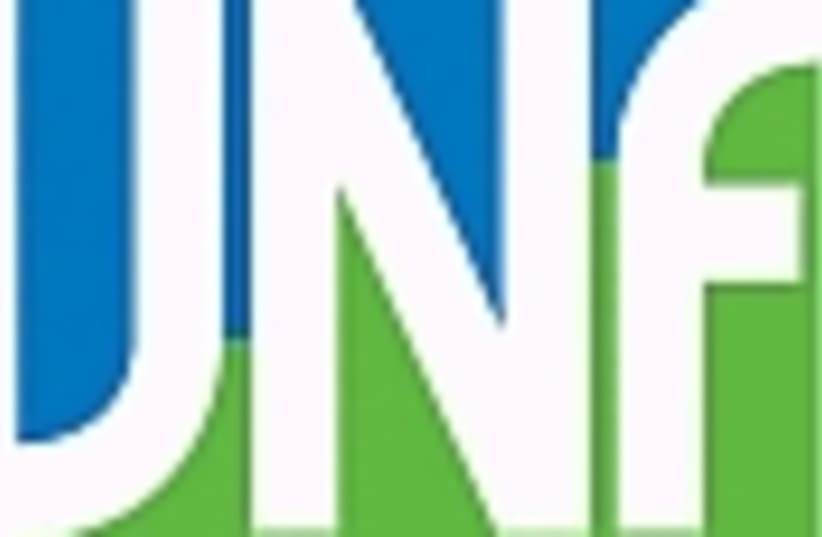| More about: | Jewish National Fund, World Zionist Organization, Basel, Israel |
JNF battle reaches UK High Court of Justice
JNF told JNF-UK it was severing all ties with the UK organization.


| More about: | Jewish National Fund, World Zionist Organization, Basel, Israel |